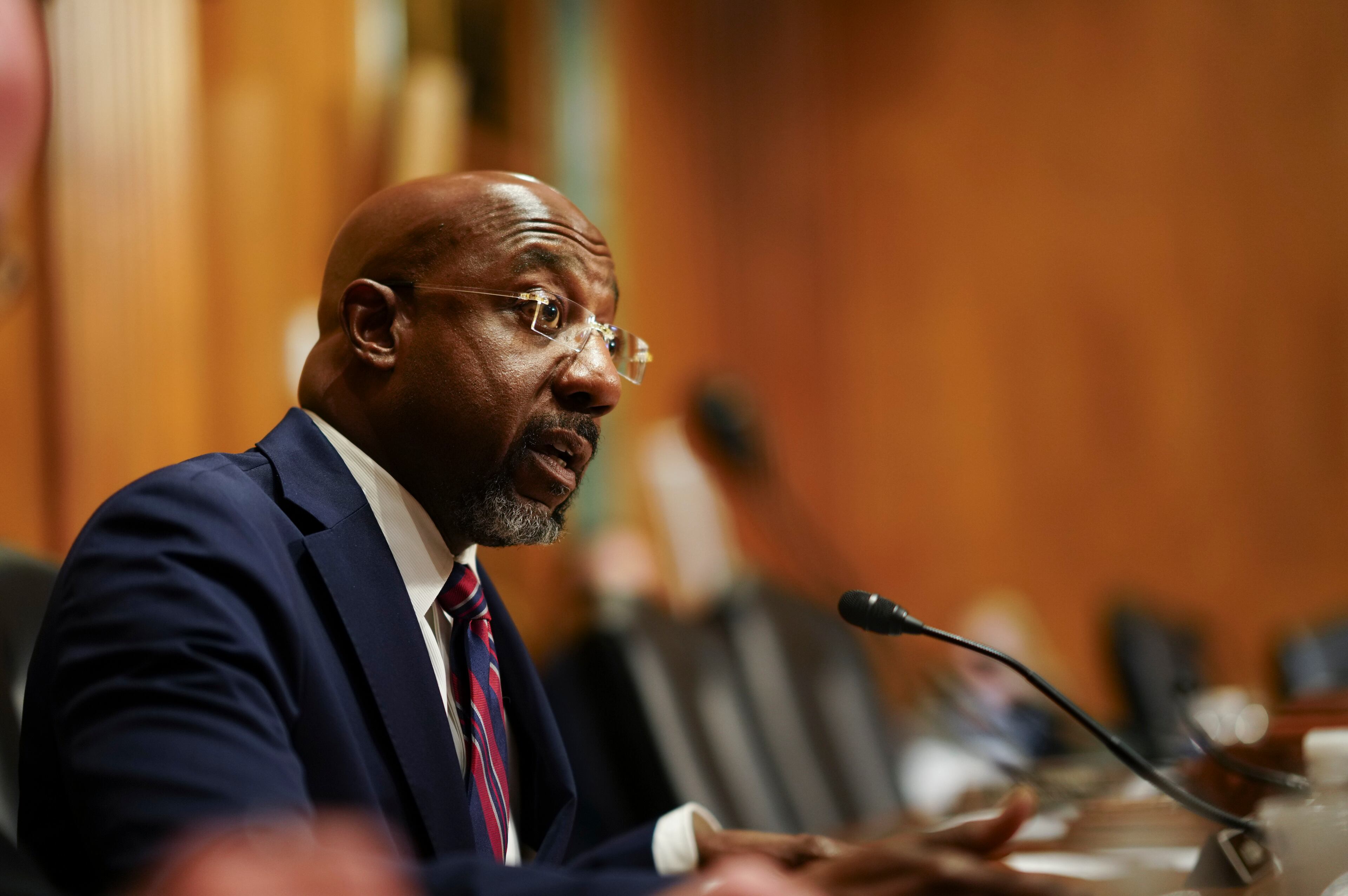Georgia passes 500,000 confirmed coronavirus cases
Georgia passed more than 500,000 confirmed cases of the coronavirus on Friday.
According to the latest state Department of Public Health figures, Georgia has recorded 500,265 cases and registered 9,396 confirmed deaths. The state topped 9,000 confirmed deaths earlier in December.
The newest numbers also include 39,064 hospitalizations and 7,009 ICU admissions.
Nationally, the U.S. surpassed 17 million cases Thursday. The U.S. continues to lead the world in not only cases but deaths, with more than 310,000, according to Johns Hopkins University.
Several states, including Georgia, have been told to expect far fewer doses of the Pfizer-BioNTech COVID-19 vaccine in its second week of distribution, prompting worries about potential delays in shots for health care workers and long-term care residents.
But senior White House officials Thursday downplayed the risk of delays, citing a confusion about semantics, while Pfizer said its production levels have not changed.
The first U.S. doses were administered Monday, and already this week, hundreds of thousands of people, mostly health care workers, have been vaccinated. The pace is expected to increase next week, assuming Moderna gets federal authorization for its vaccine.
In recent days, governors and health leaders in at least 10 states have said the federal government has told them that next week’s shipment of the Pfizer-BioNTech vaccine will be less than originally projected.
Little explanation was offered, leaving many state officials perplexed.
On Friday, Vice President Mike Pence became the highest-ranking U.S. official to receive the first dose of the COVID-19 vaccine in a live-television event aimed at reassuring Americans the shot is safe. He celebrated the milestone as “a medical miracle” that could eventually contain the raging pandemic.
Pence has taken an increasingly visible role in highlighting the safety and efficacy of the shots, including touring a vaccine production facility this week. House Speaker Nancy Pelosi and Senate Majority Leader Mitch McConnell said Thursday they will get vaccinated in the next few days. President-elect Joe Biden expects to receive his shot as soon as next week.
A survey from The Associated Press-NORC Center for Public Affairs Research found only about half of Americans want to get the vaccine as soon as possible. Another quarter of the public isn’t sure, while the remaining quarter say they aren’t interested. Some simply oppose vaccines in general. Others are concerned that the injections have been rushed and want to see how the rollout goes.
According to guidance from the Centers for Disease Control and Prevention, there is not yet enough information to determine whether those who have had COVID-19, such as President Donald Trump, should get the vaccine.



